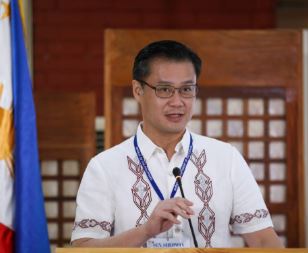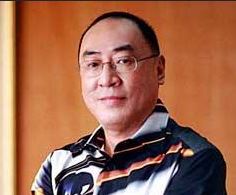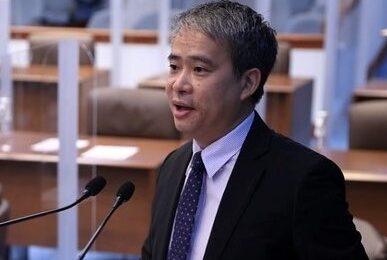The Department of Human Settlements and Urban Development (DHSUD) is engulfed in controversy over alleged illegal appointments of undersecretaries and the continued stay of high-ranking officials who should have vacated their posts after the expiration of their five-year quinquennium terms.
The watchdog groups which have not been name yet and based in Bulacan claimed these actions violate Republic Act No. 11201 (Sections 6 and 8) – which limits DHSUD to only three undersecretaries and three assistant secretaries appointed by the President – as well as the Administrative Code of 1987, Book IV. Chapter 2, which defines the powers and functions of department officials.
They also cited breaches of Civil Service rules on fixed-term appointments and possible usurpation of public office under Article 177 of the Revised Penal Code.
It was learned that legal grounds for the said violations was RA 11201 (Sections 6 & 8): Exceeding the cap of three undersecretaries and three assistant secretaries without presidential appointment violates the DHSUD Charter.
It also include Administrative Code of 1987: Appointing beyond statutory limits or bypassing procedures constitutes abuse of authority and usurpation of powers.
Based on the Civil Service Commission Quinquennium Policy: Officials must vacate office after five years; continued service without reappointment is illegal. it also violated the Revised Penal Code (Art. 177) where it says ‘Exercising public functions without valid appointment may lead to criminal liability.’
According to the group, such appointment does not appear in Official Gazette on Appointments, Appointments and Designations, Official Gazette of the Republic of the Philippines.
Key Allegations
Recent DHSUD press releases indicate appointments exceeding the legal ceiling and lacking clear presidential authorization.
Several senior officials reportedly stayed in office despite expired terms and submitted resignations, allegedly continuing to draw salaries and benefits.
“These actions constitute a dual violation – appointing beyond what the law allows and tolerating officials whose tenures have lapsed,” watchdog groups said.
“Such practices erode public trust, undermine transparency, and compromise housing policy integrity,” they added.
The advocacy group demanded full disclosure of current appointments and their legal bases, investigation and audit of salaries and benefits from illegal appointments and overstays, refunds and restitution of public funds disbursed in violation of RA 11201 and the Administrative Code. Administrative, civil, and criminal accountability including referral to the Ombudsman for possible prosecution under Article 177.
A formal complaint is being prepared for filing with the CSC, COA, and Ombudsman to trigger investigation and recovery of public funds.





